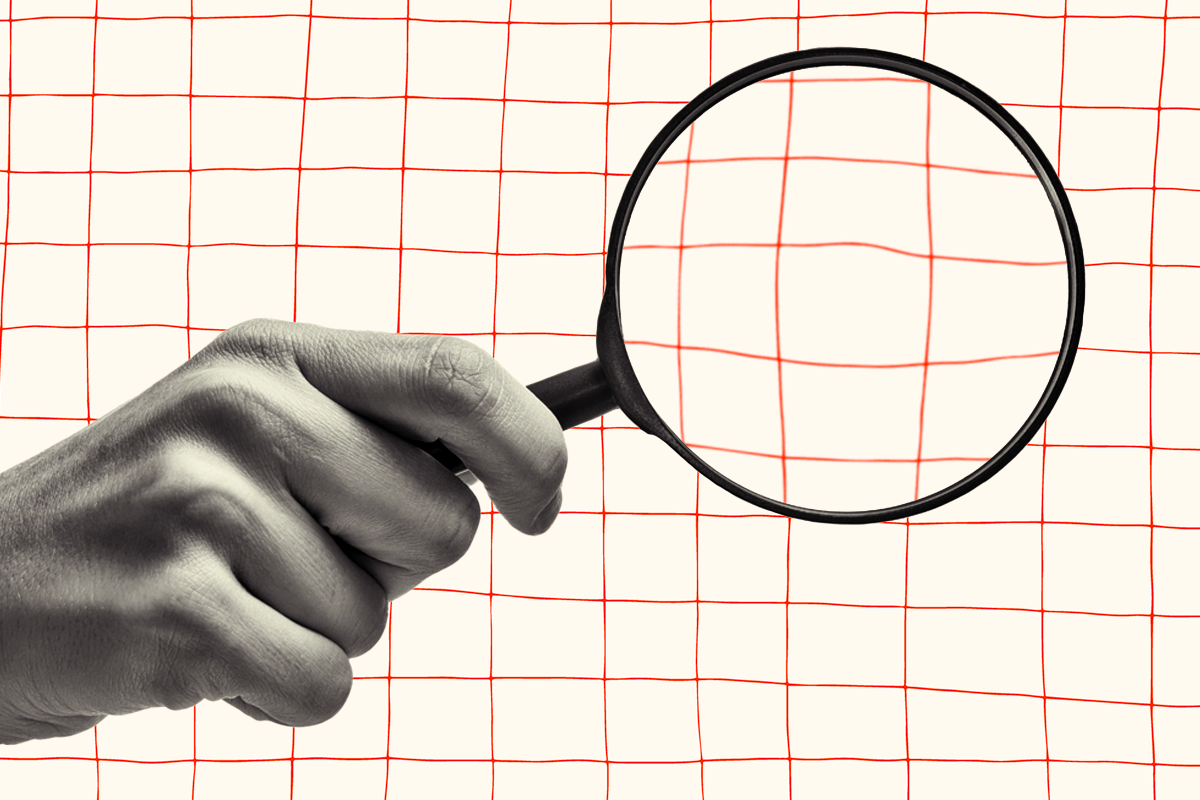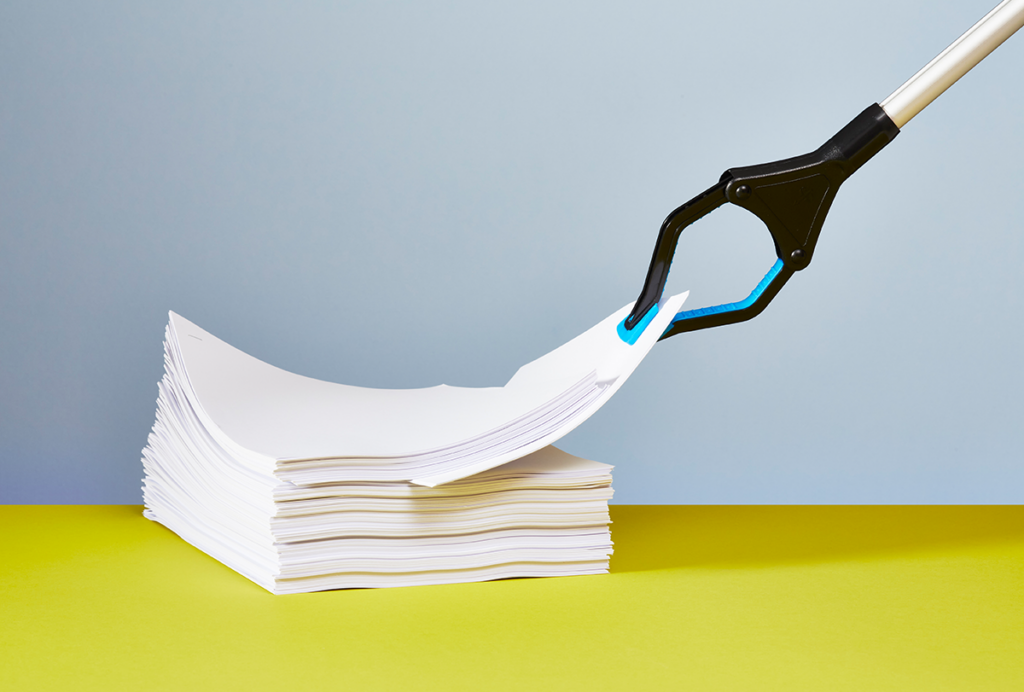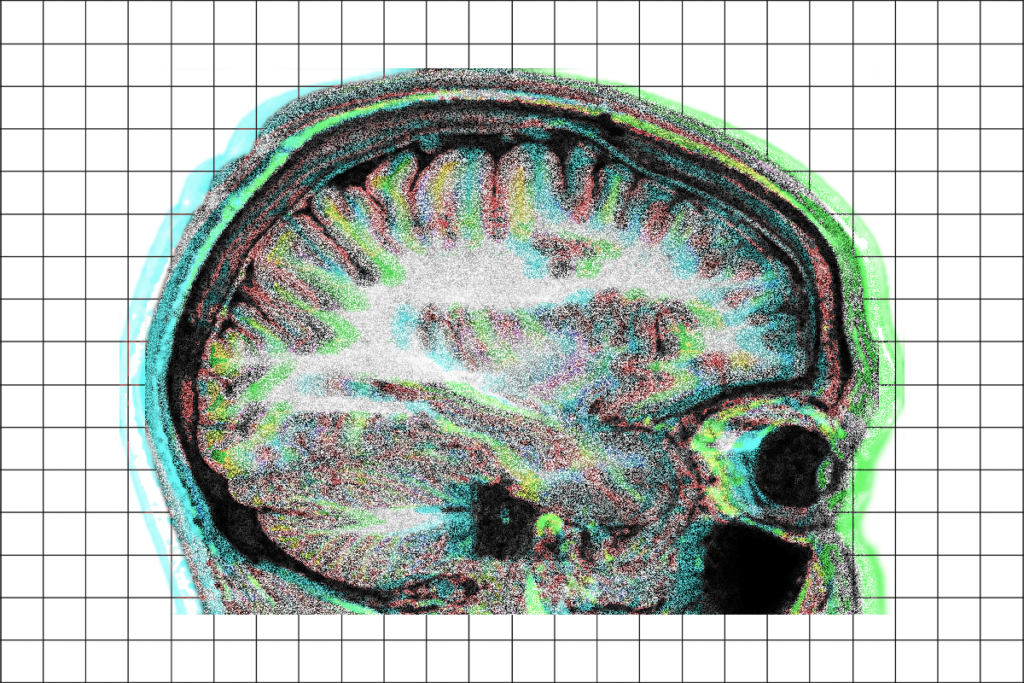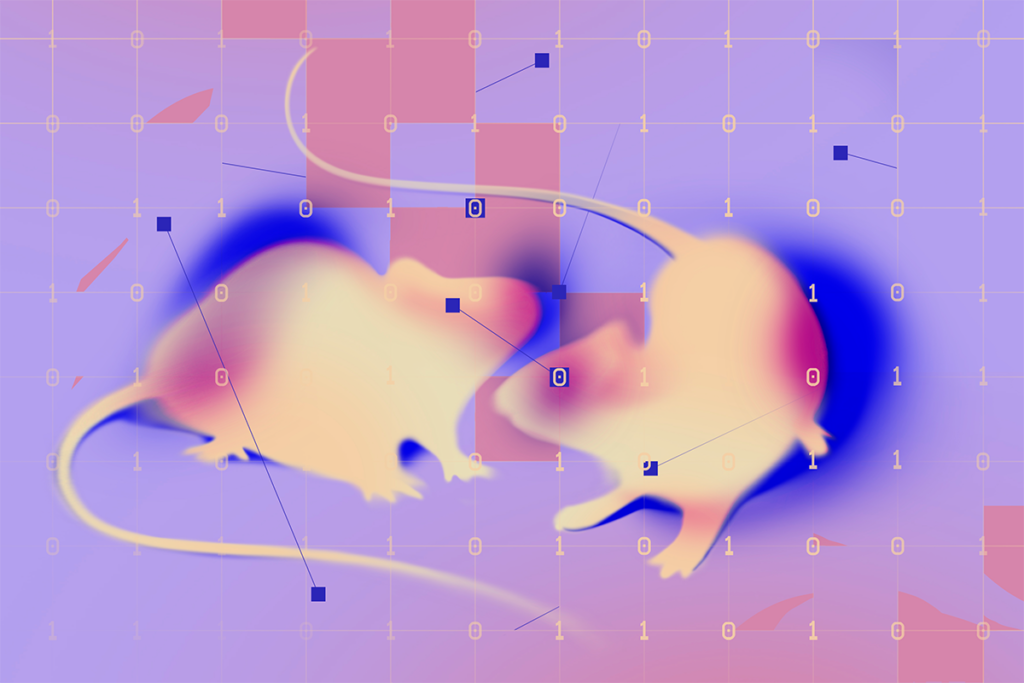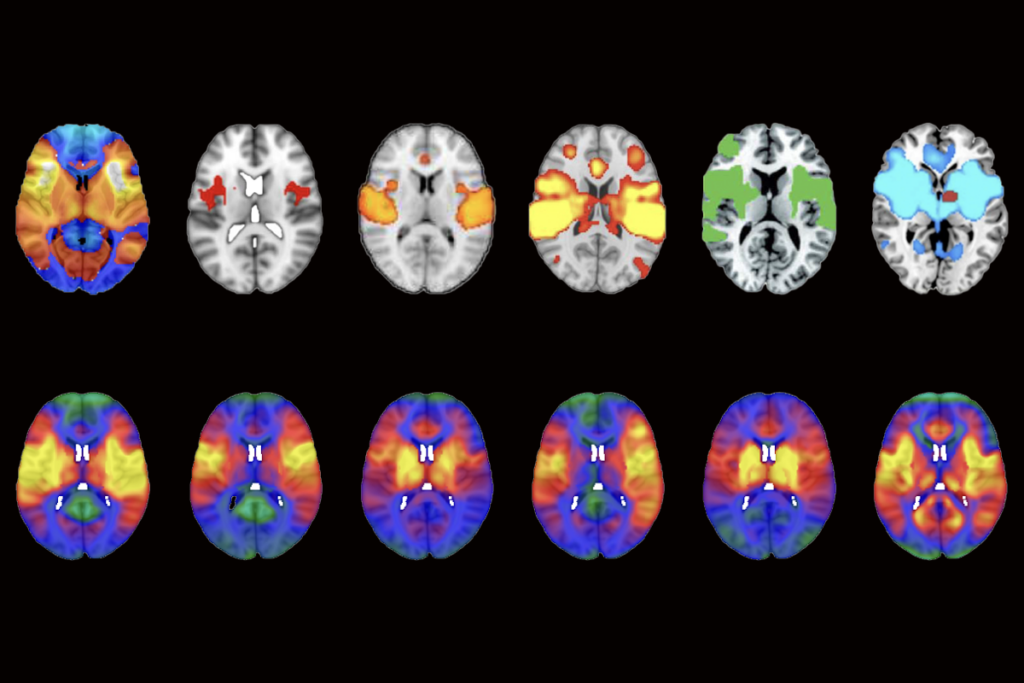It seemed like an open-and-shut case. In October 2021, Central Michigan University started investigating neuroscientist Gary Dunbar over allegations of image duplication in several of his papers. Dunbar’s collaborator, Panchanan Maiti, former adjunct assistant professor, declared sole responsibility for the duplicated images, and Dunbar vowed to correct the problems with each journal. The university closed its case three months later.
Then an email from the federal government arrived.
In October 2022 — nine months after the university closed its case — the Office of Research Integrity (ORI) within the U.S. Department of Health and Human Services emailed the university a letter requesting an inquiry into Dunbar and Maiti.
The ORI has jurisdiction in the matter, the letter states, because one of the papers co-authored by Dunbar and Maiti was partially funded by a collaborator’s grant from the National Institutes of Health.
The letter alleges four instances of image duplication within three figures in the paper. In each instance, images of stained cells from mouse brain tissue were used to represent both control and treated animals.
Maiti again took responsibility for the duplicated images, according to the inquiry report that Central Michigan University submitted to the ORI in January 2023. The report concluded that escalating the case to a more formal investigation was not necessary. “What has come out of this inquiry is that putting faith into what your collaborator is doing without good oversight of the laboratory can cause errors in the final work product,” the report states.
The university has not heard from the ORI since submitting the report, according to a university spokesperson.
“ORI is not able to confirm or deny the existence of any potential pending cases,” an ORI spokesperson told The Transmitter in an email. “If ORI makes a finding of research misconduct, it will be posted to ORI’s case summaries page.” Dunbar’s case is not currently listed.
The Transmitter reported last month on the university’s investigation and Dunbar’s attempts to rectify the errors. The ORI’s demand was revealed in additional documents and emails that The Transmitter obtained via a records request.
“Following established policy, Central Michigan University conducted an internal inquiry into the reported research irregularities and found no evidence of malfeasance. Dr. Dunbar and his research team have proactively worked to notify the affected journals and are fastidiously working to further corroborate the reported results with additional testing,” David Weindorf, the university’s vice president for research and innovation, told The Transmitter in an email. “I have nothing further to add to the information that CMU has already provided to The Transmitter.”
Dunbar and Maiti did not respond to multiple requests for comment.
T
he study, which was published in the International Journal of Molecular Sciences in 2020, tested if boronic compounds could improve pathological and behavioral impairments in different models of Alzheimer’s disease. The grant recipient, Joseph Larkin, professor of chemistry at Eckerd College, performed experiments in Caenorhabditis elegans while Maiti and Dunbar handled the cell culture and mouse model experiments.Larkin used about $2,100 of the roughly $675,000 grant to pay for boronic compounds for his C. elegans experiments, according to the inquiry report. He also used the grant funding to pay for a trainee to travel to Dunbar’s lab and observe the mouse experiments. None of the funding paid for the work done by Dunbar and Maiti, the inquiry found.
Larkin says the ORI did not reach out to him or his institution about the case. “My understanding is they were satisfied with their meeting with Gary [Dunbar],” he says.
The issues with Dunbar’s work first surfaced on PubPeer, a post-publication review site. Kevin Patrick, a hobbyist image analyst who is not a scientist and posts under the pseudonym “Actinopolyspora biskrensis,” flagged image issues in nine of Dunbar’s papers between October 2021 and October 2022.
Since then, two of the papers have been retracted and three have been corrected. The boron study is not one of them. Patrick says he reported the boron study to the ORI in August 2022, after he identified new image issues in one of the corrected papers. “I thought, that’s kind of hard to believe, that all of those things were just accidents,” Patrick says.
In response to Patrick’s comments about the boron paper, Dunbar wrote on PubPeer that the duplicated images didn’t affect the study’s conclusions. He added that he had submitted new figures to the journal.
